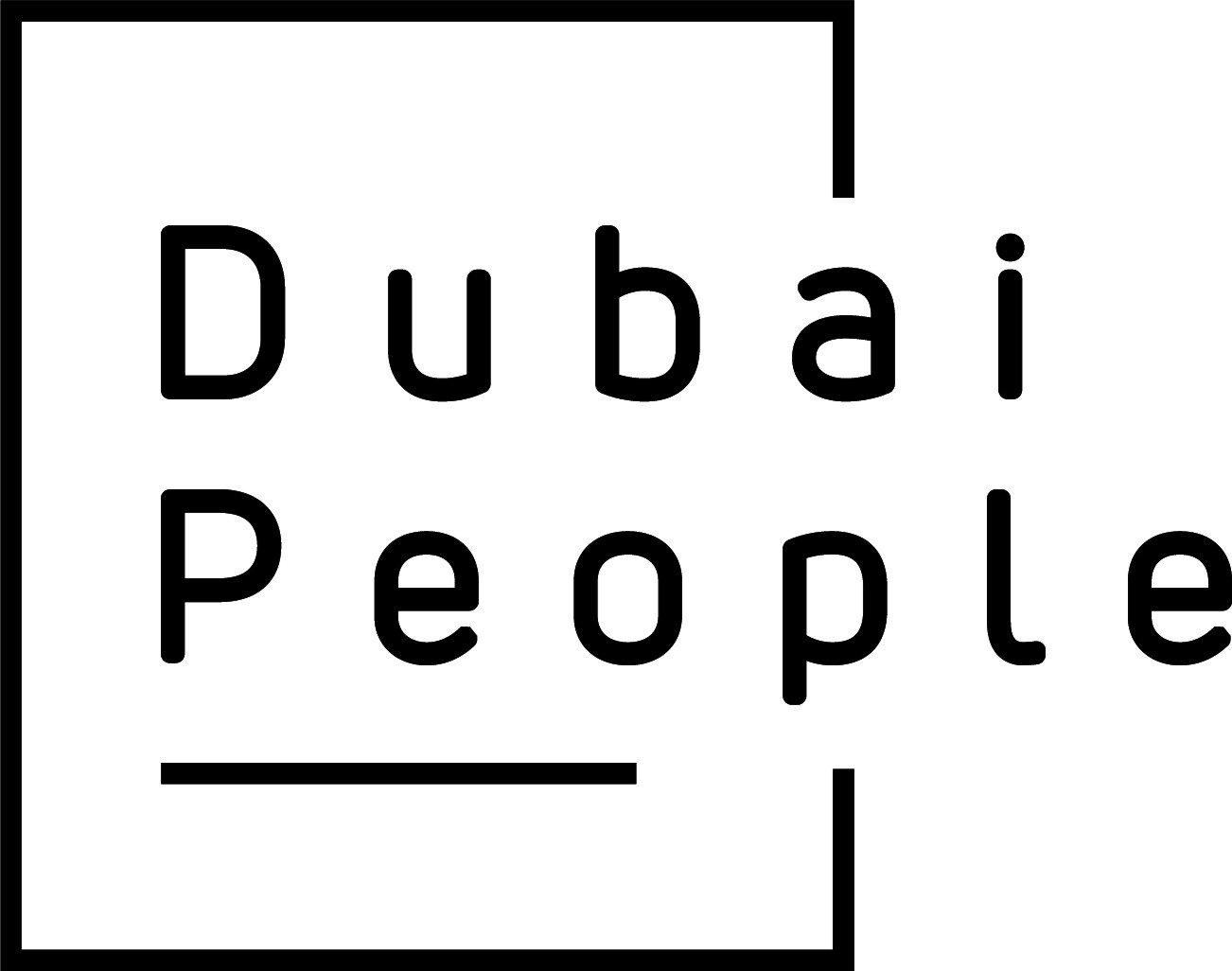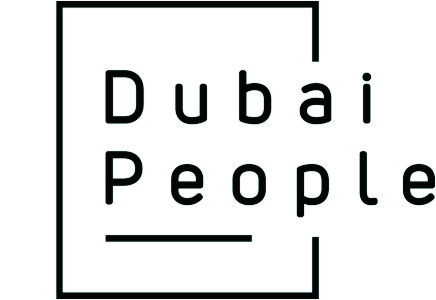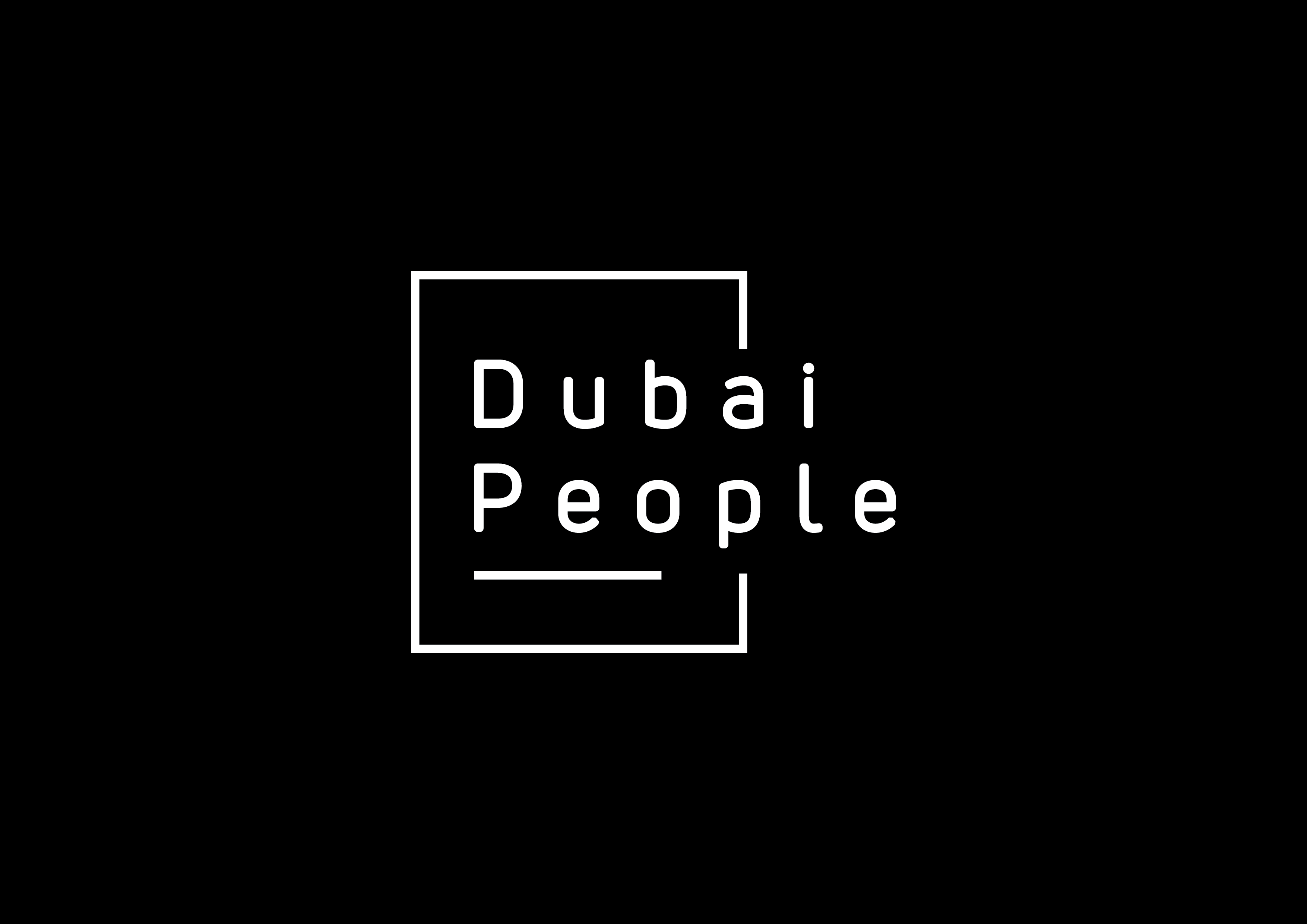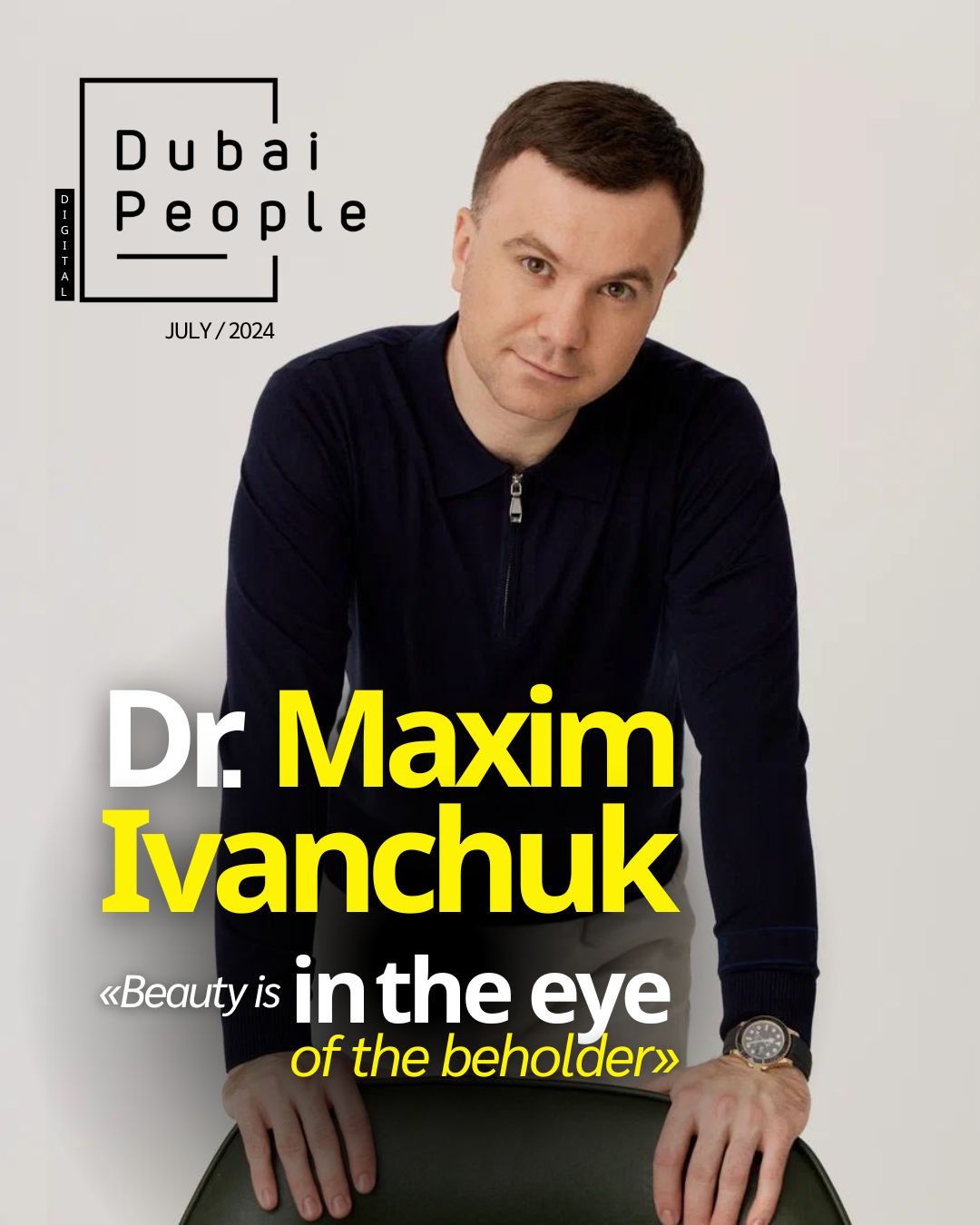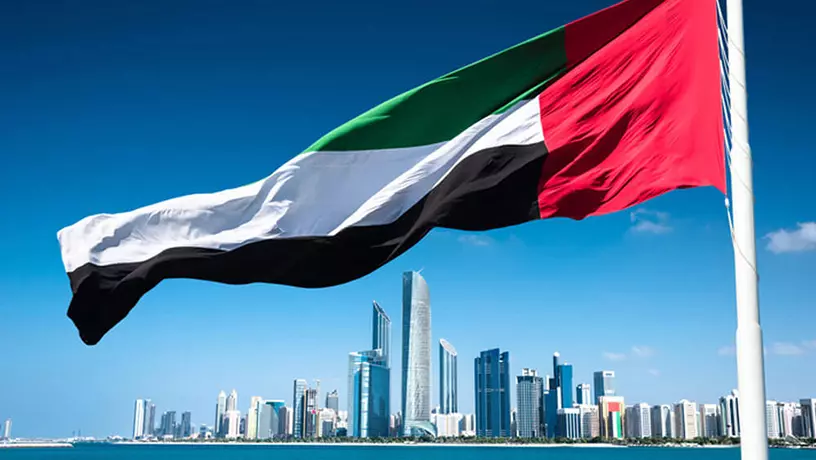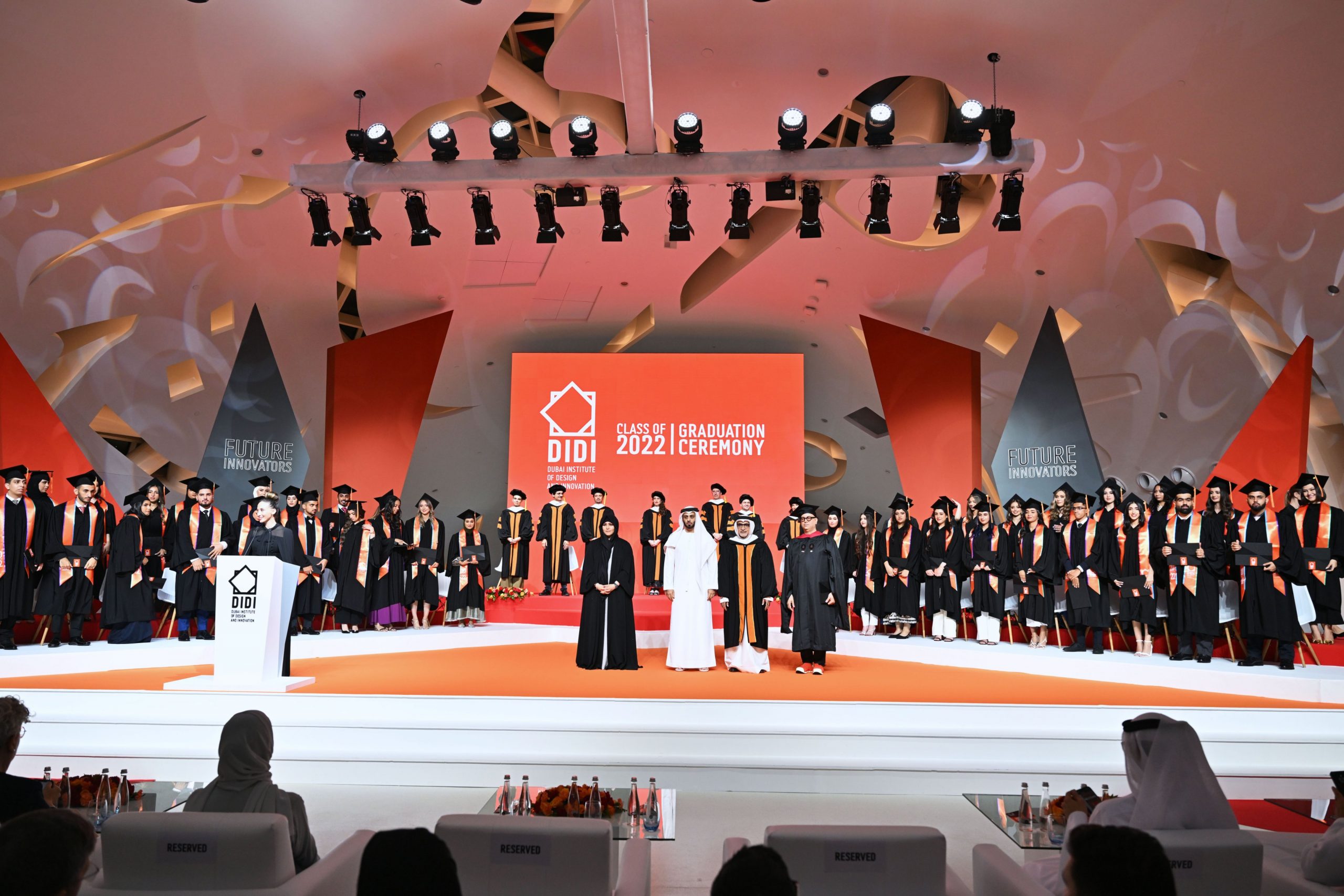
DIDI holds its first graduation ceremony
Her Highness Sheikha Latifa bint Mohammed bin Rashid Al Maktoum, Chairman of Dubai Culture and Arts Authority (Dubai Culture) and member of Dubai Council, attended the first ever graduation ceremony of the Dubai Institute of Design and Innovation (DIDI) at Dubai Museum of the Future. The graduates successfully completed the region’s first integrated bachelor’s degree in design.
Her Highness Sheikha Latifa bint Mohammed bin Rashid Al Maktoum, Chairman of Dubai Culture and member of Dubai Council, said: “The graduation of the first Bachelor of Design at DIDI represents another milestone in our journey towards a new dynamic creative economy. It is an incredibly proud moment for students, parents, teachers and Dubai.” DIDI, the Middle East’s first interdisciplinary design programme of its kind, is one of many pioneering programmes that embody Dubai’s forward-thinking spirit. In order to realise our ambitions for Dubai’s creative economy, we need to ensure that we have the infrastructure, the right programmes and institutions in place to develop, grow and flourish future and current creatives. This is important not only for our community in Dubai, but for the entire region and beyond. DIDI is an example of a successful endeavour in Dubai to develop the local creative and cultural ecosystem, starting with our youth who are the future of the sector.”
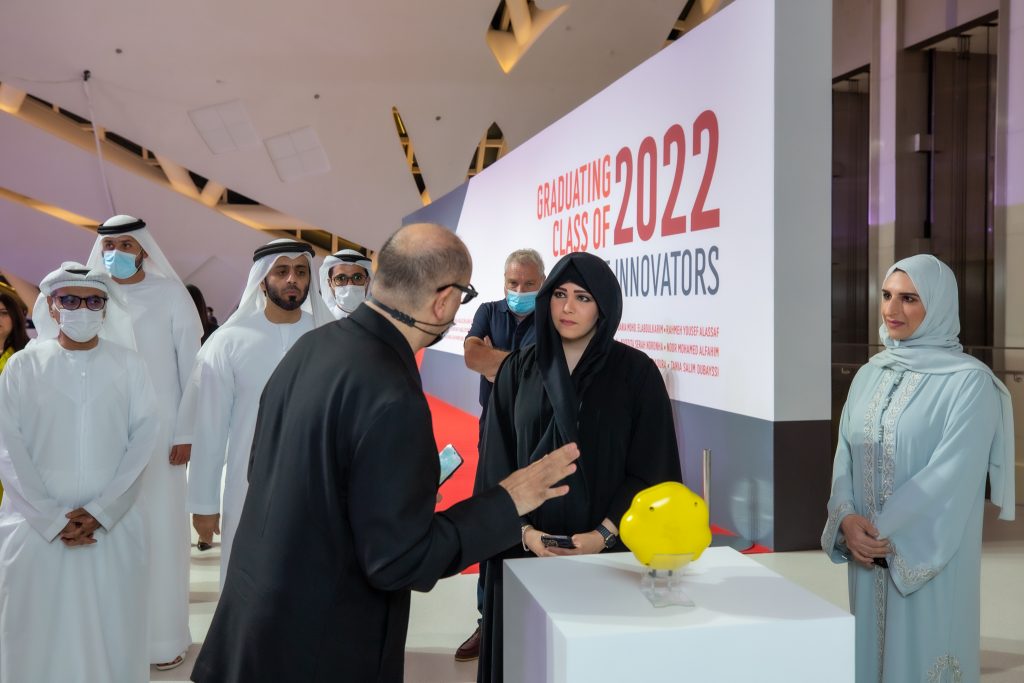
DIDI offers the region’s first and only curriculum dedicated exclusively to design and innovation. The Bachelor of Design (BDes) is the first interdisciplinary programme of its kind in the Middle East, offering four design disciplines: Product Design, Multimedia Design, Fashion Design and Strategic Design Management. The programme has been specifically designed and developed to meet the ever-growing demand for up-and-coming and talented designers and innovators regionally and globally, combining technological fluency, visual literacy and strategic mastery.
His Excellency Malek Al Malek, Director General of the Dubai Development Authority (DDA) and Chairman of DIDI, said: “Our leadership’s focus on creating a knowledge and innovation-driven economy depends on a robust and flexible education system that prepares students to seize the opportunities and jobs of tomorrow – a vision we share at DIDI. In a world transformed by digital opportunities and technology, the need for skilled, entrepreneurial professionals and innovators is greater than ever.
“The future lies in ambitious and dynamic creators, innovators and entrepreneurs who can contribute to driving economic strategies and strengthening vital industries. From the outset, we have laid the foundations of a curriculum that develops design thinking and equips students with technical and practical skills as well as the principles of entrepreneurship in key industries.”
DIDI is a stepping stone in training the next generation of innovators. DIDI’s rich and design-focused DNA is in line with Dubai’s status as a global centre for creative talent. Dubai has just been ranked first in the MENA region and second globally in attracting foreign direct investment (FDI) in cultural and creative industries (CCI) in 2021. Last year, it was reported that the emirate attracted 233 new projects in the cultural and creative sector, ahead of other major cities such as New York, Singapore and Berlin. In its quest to prepare students for a world where today’s jobs may not exist in the future, DIDI is leading the way in preparing the next generation of creative talent in the UAE and elsewhere in the region.
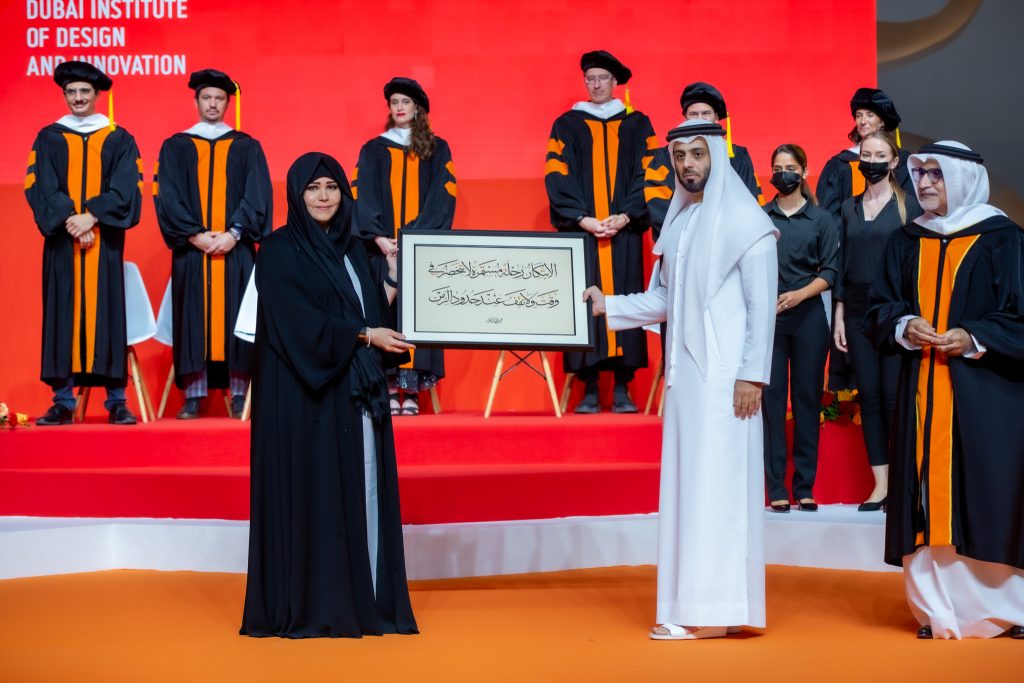
To showcase the outstanding talents of graduate students, around ten impressive graduation projects were on display last night. These were selected from the university’s first graduate exhibition, which took place in the Dubai Design District (d3) over the past two weeks, showcasing students’ work, ideas and concepts. The students participating in the exhibition showcased the culmination of their unique academic journey at DIDI in recent years. From creating an NFT clothing collection to be associated with a charity, to a phygital companion to help children develop emotional regulation skills. Other concepts presented by the students include an app to support patients with early to mid-stage dementia through reminiscence therapy using artificial intelligence and augmented reality; a speculative system and projects created for a bicentric plant and human society on Mars; an interactive physiotherapy solution for children; and the ability to customise high heels using a three-step process that includes pressure testing.
. @LatifaMRM attends the first ever graduation ceremony of the Dubai Institute of Design and Innovation (DIDI) which took place at Dubai’s Museum of the Future. The graduates successfully completed the region’s first integrated bachelor’s degree in design. #Dubai pic.twitter.com/OwmZOBlJ1y
— Dubai Media Office (@DXBMediaOffice) June 7, 2022
Follow our Telegram Chanel


